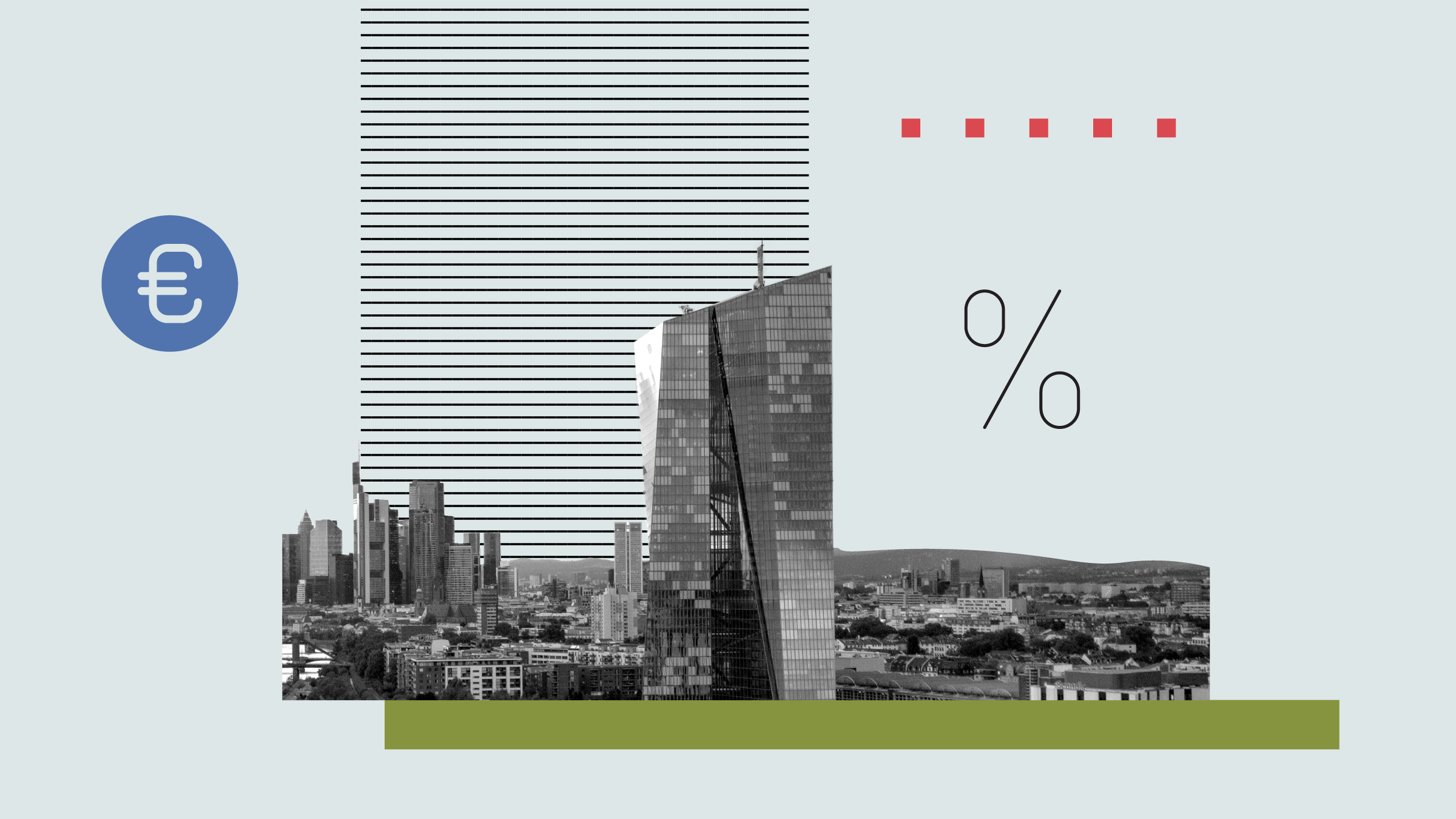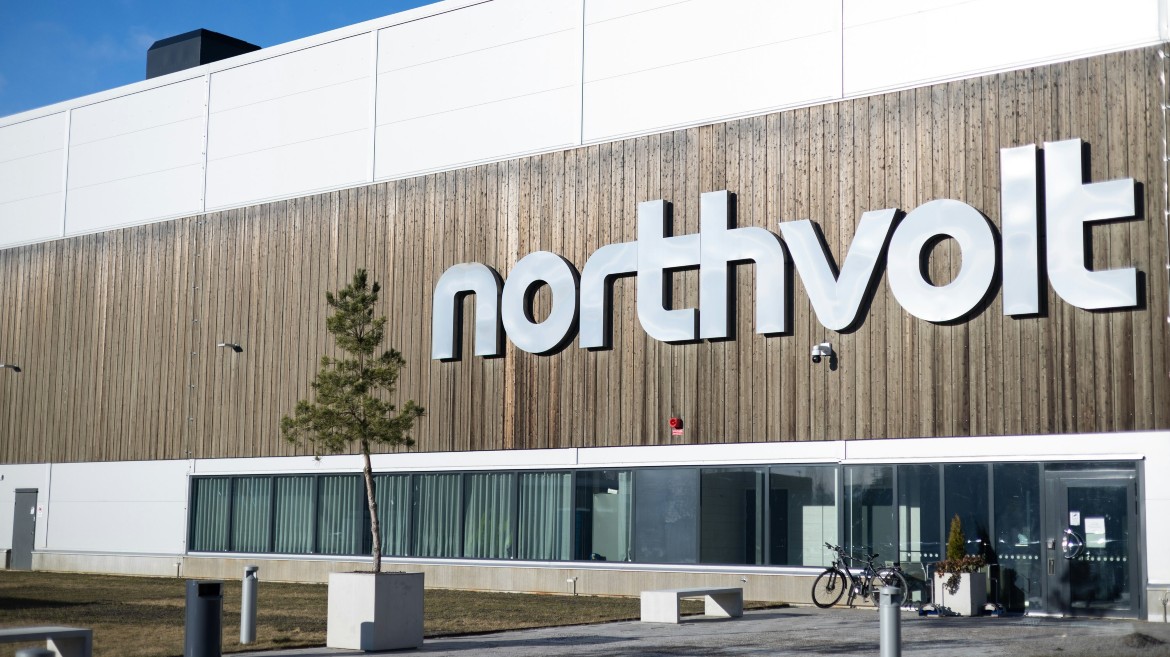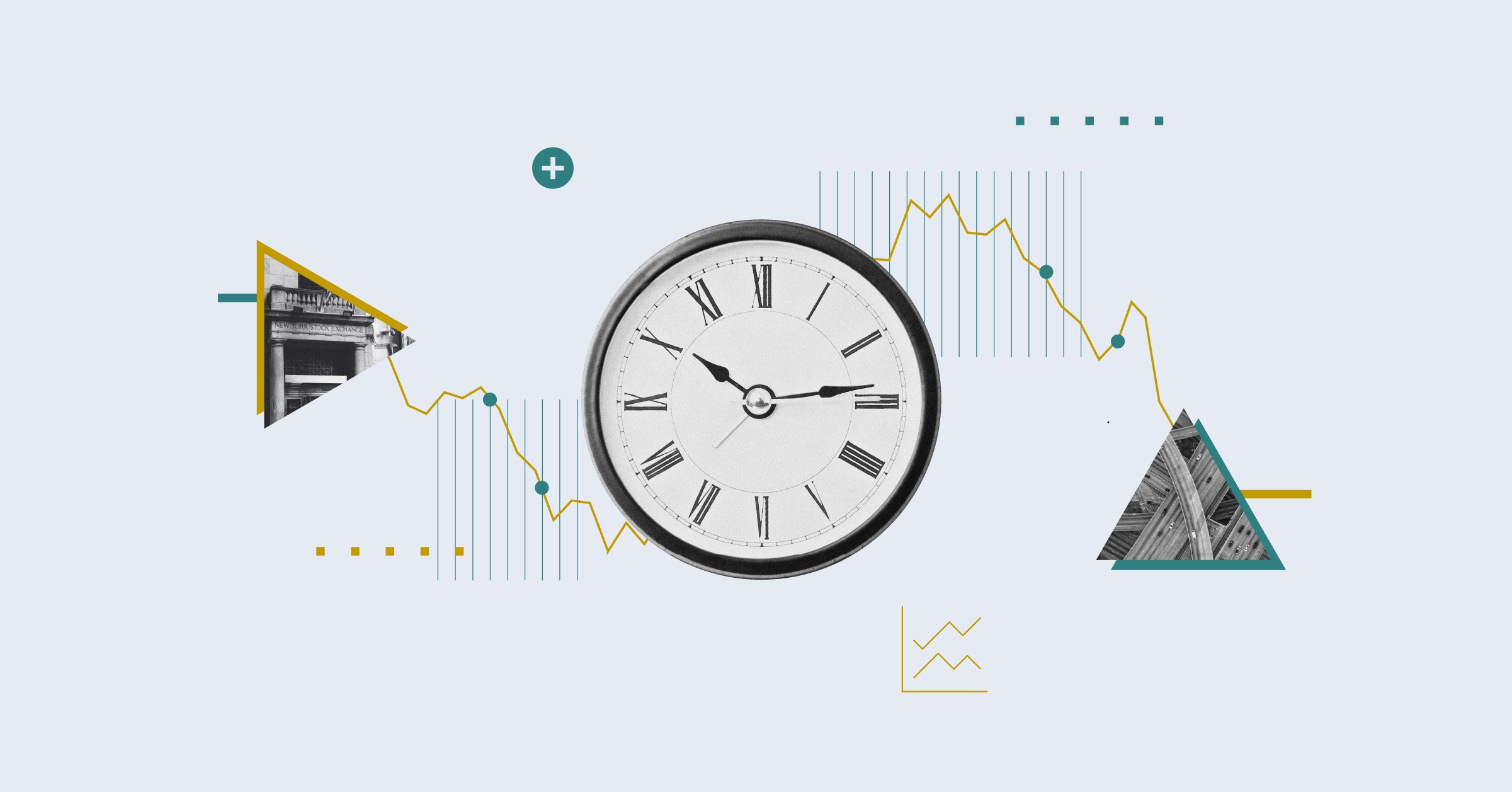(Alliance News) - Stocks in Europe went into Tuesday afternoon in negative territory, as the threat of US tariffs on the North American nation's neighbours, as well as arch-rival China, unnerved investors.
The FTSE 100 index lost 18.02 points, 0.2%, at 8,273.66. The FTSE 250 slipped 117.93 points, 0.6%, at 20,631.33, and the AIM All-Share declined 2.02 points, 0.3%, at 731.51.
The Cboe UK 100 was down 0.2% at 832.04, the Cboe UK 250 lost 0.7% at 18,113.52, and the Cboe Small Companies was down 0.1% at 15,661.69.
The CAC 40 in Paris lost 0.4%, and the DAX 40 in Frankfurt fell 0.5%.
In New York, the Dow Jones Industrial Average, S&P 500 and Nasdaq Composite are all called up 0.1%.
The pound was quoted at USD1.2583 early Tuesday, rising from USD1.2559 at the time of the London equities close on Monday. The euro stood at USD1.0518, climbing from USD1.0488. Against the yen, the dollar was trading at JPY153.75, falling from JPY154.37.
Stocks had advanced and the dollar lost some ground on Monday, after Donald Trump named Scott Bessent as the next US Treasury secretary, a move that was deemed market-friendly.
"The week started on a calm note with the nomination of Scott Bessent as US Treasury secretary, a hedge fund manager seen as a safe pair of hands and someone who might rein in Donald Trump’s more aggressive ideas, such as toning down tariffs," AJ Bell analyst Dan Coatsworth commented.
"Trump was clearly having none of that, given he immediately took to social media to promise bigger than expected 25% tariffs on all products supplied from Mexico and Canada into the US, and a further 10% for Chinese goods, all on day one of his new presidency. That took the market by surprise."
There was some early advancers on the FTSE 100, including aerospace firm Melrose's 5.8% rise after JPMorgan placed it on 'positive catalyst watch', though stocks largely fell in the wake of Trump's announcements.
Among those to decline were Asia-focused insurer Prudential, down 1.5%, and miner Glencore, falling 1.2%. Miners have heavily-exposed to the Chinese economy as it is a major buyer of minerals.
Elsewhere in London, Compass Group reversed early weakness to trade 3.1% higher.
In the year to September 30, pretax profit amounted to USD2.06 billion, a decline of 3.8% from USD2.14 billion. Revenue, however, rose 11% to USD42.00 billion from USD37.91 billion.
Organic revenue rose 11%, beating the company-compiled consensus prediction of 10% growth.
Halfords rose 12%. The cycling and motoring products retailer said pretax profit from continuing operations in the first half to September 27 fell 23% to GBP17.8 million from GBP23.2 million a year prior. Revenue from continuing operations slipped 0.1% to GBP864.8 million from GBP865.3 million. However, Halfords said it remains "comfortable with consensus estimates for FY25".
"The second half of the year will be impacted by incremental freight at the lower end of the previously indicated GBP4-7 million range, and acceleration of our Fusion rollout will have a [roughly] GBP1 million impact due to temporary garage closures," it added.
The firm said measures announced in the UK budget will add GBP23 million of direct labour costs, of which GBP9 million was already included in its "planning assumptions" for the next financial year.
"The effect of the UK budget on consumer behaviour and hence the trajectory of our end-markets is unclear. We have a greater ability to mitigate headwinds in the more needs-based Autocentres servicing business, where pricing power is greater. Additional tactical and structural options to support mitigation are under review," Halfords continued.
Severfield slumped 36%. The structural steel maker expects annual profit to be below previous expectations as a "recovery in some sectors has been slower than expected". It also noted "tighter prices are continuing to impact our profitability in the short-term". In addition, some potential "large project" work for the current year and the next have been delayed or cancelled.
In the half-year to September 28, revenue increased17% to GBP252.3 million from GBP215.3 million. However, Severfield swung to a pretax loss of GBP5.8 million from profit of GBP11.0 million. Operating costs spiked 26% to GBP256.9 million from GBP203.3 million.
Results also included a "non-underlying cost of GBP20.4 million" for a "bridge remedial works programme". The figure excludes potential recoveries from third parties" and Severfield said its "assessment of any further remedial costs remains ongoing".
"The group identified some bridge structures which were not in compliance with the client's weld specification requirements, predominantly relating to twelve bridge projects that are either ongoing or were completed over the past four years. The issues all arise out of a particular bridge specification and related sub-optimal choices of welding procedures, exacerbated by limitations in the specified weld testing regime for these projects," it cautioned.
"A comprehensive review is currently being undertaken by the group, in conjunction with its affected clients, relevant industry authorities and insurers to fully understand the extent of the actions required to resolve the issue, which has not affected the safety of any operational bridges. Notwithstanding this, we are continuing our work on ongoing road and rail bridges for a variety of clients, which we are confident will meet the required specification."
Severfield did not name which bridges were affected. Among the projects in its bridges offering are SAS13, "an enabler for HS2" and the Barking Riverside Extension in London for Transport for London.
Brent oil was quoted at USD73.09 a barrel early Tuesday afternoon, down from USD73.43 at the time of the closing bell in London on Monday. Gold fell to USD2,631.71 an ounce from USD2,634.92.
By Eric Cunha, Alliance News news editor
Comments and questions to newsroom@alliancenews.com
Copyright 2024 Alliance News Ltd. All Rights Reserved.

































